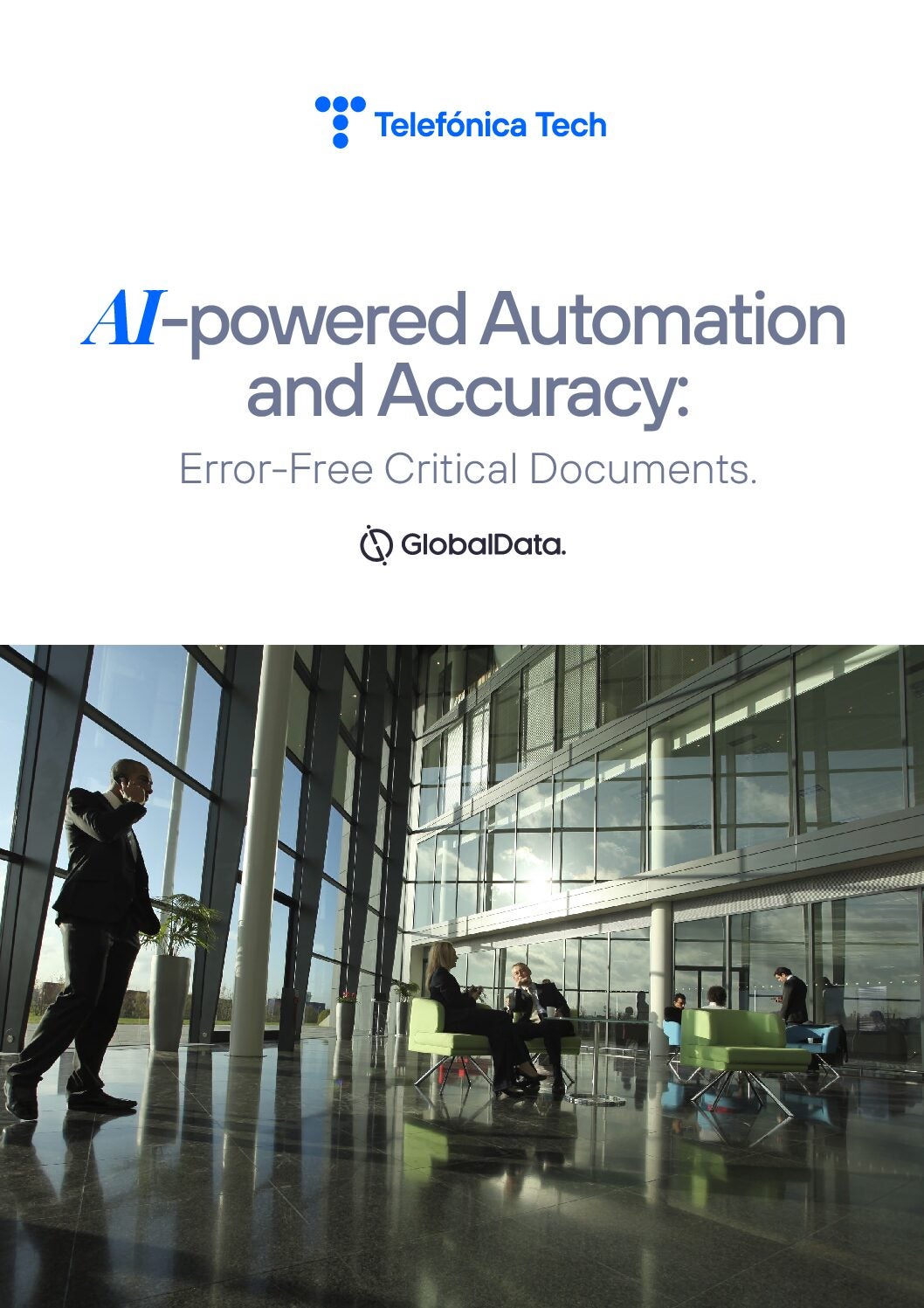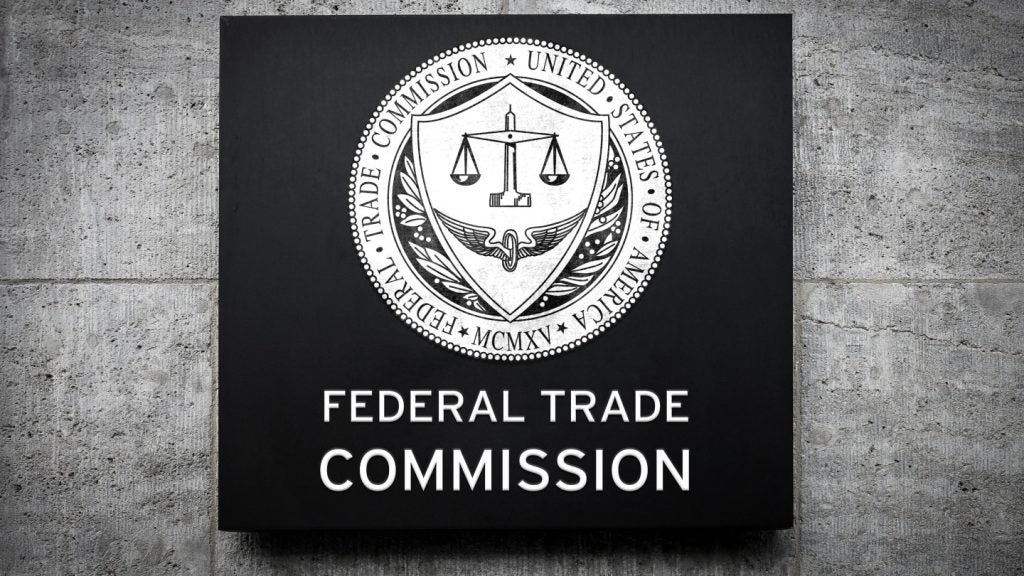
Spain’s data protection agency AEPD has blocked Meta from releasing two election information apps alleging that they could break Spain’s data protection laws.
The ban on Meta’s two apps, ‘Election Day Information’ and ‘Voter Information Unit’, is temporary and could last up to three months, according to a statement made by the AEPD.
How well do you really know your competitors?
Access the most comprehensive Company Profiles on the market, powered by GlobalData. Save hours of research. Gain competitive edge.

Thank you!
Your download email will arrive shortly
Not ready to buy yet? Download a free sample
We are confident about the unique quality of our Company Profiles. However, we want you to make the most beneficial decision for your business, so we offer a free sample that you can download by submitting the below form
By GlobalData“This decision is based on exceptional circumstances, in which it is necessary to adopt measures to avoid the collection of data, the profiling of users and the transfer of information to third parties, thus preventing personal data from being used by unknown controllers and for purposes not explicit,” the AEPD wrote.
Meta had originally planned to launch the election information apps across Europe except Italy, due to its data protection authority already opening a procedure on this matter.
According to research and analysis company GlobalData’s thematic intelligence report into misinformation, around 4 billion people are expected to head to the polls across global elections throughout 2024.
Meta previously came under investigation in April 2024 after the European Commission stated that it had failed to tackle disinformation on its Facebook and Instagram sites.
The European Commission raised concerns about disinformation and deceptive advertising being used by political parties to affect voting behaviours in the upcoming EU elections.
EU digital chief Margrethe Vestager stated that the European Commission suspected Meta’s moderation of online content posted to its social media sites was not sufficient to protect its users.
The Commission also criticised Meta’s decision to remove its disinformation tracker CrowdTangle without announcing a replacement.
The European Parliament elections will be held 6-9 June 2024.







